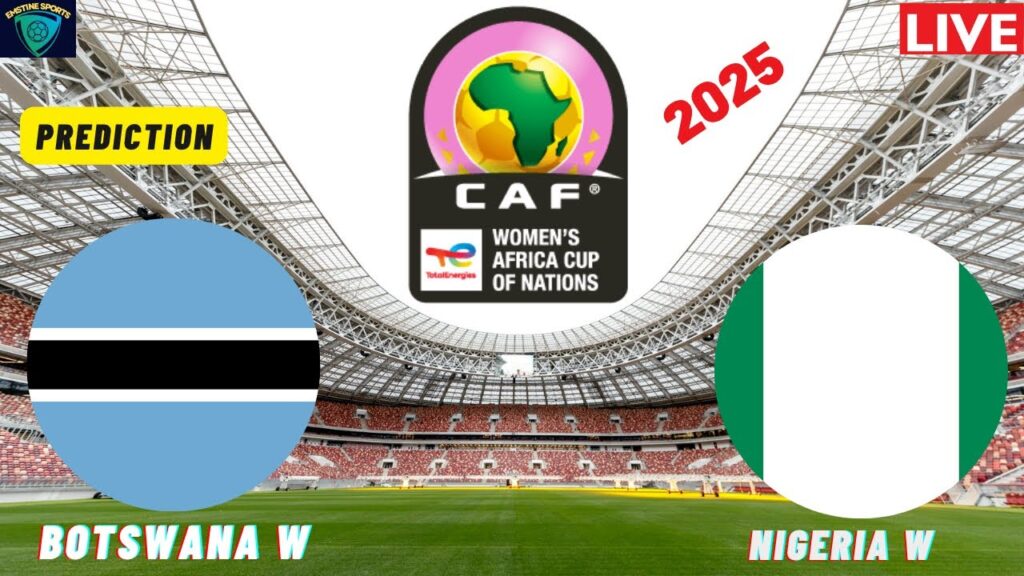
Introduction
The comparison between Botswana and Nigeria presents a fascinating study of two distinct African nations with diverse cultures, economies, and political landscapes. While both countries hold significant positions on the continent, their trajectories tell vastly different stories of development, governance, and social dynamics. Understanding these differences is crucial for grasping the broader African narrative as the continent continues to evolve.
Economic Divergence
Botswana, often hailed as one of Africa’s success stories, boasts a stable economy largely propelled by diamond mining, tourism, and good governance practices. The nation has sustained economic growth averaging around 5% annually over the past few decades, benefiting from prudent fiscal policies and a relatively low level of corruption.
In contrast, Nigeria, Africa’s most populous nation, has a different economic foundation. It is heavily reliant on oil exports, which account for over 90% of its foreign exchange earnings. However, despite its wealth in natural resources, Nigeria faces significant economic challenges, such as high unemployment rates, inflation, and governance issues leading to corruption. The country’s GDP fluctuates significantly, reflecting its vulnerability to global oil prices, thereby making economic stability a persistent challenge.
Cultural and Social Fabric
Culturally, Botswana is known for its rich traditions, including the Tswana language and festive events like the Dithubaruba. Its social structures are deeply influenced by communal values and rural customs, creating a cohesive society. Conversely, Nigeria is a tapestry of ethnic groups, languages, and religions, with over 250 distinct ethnicities, including the Hausa, Yoruba, and Igbo. This diversity enriches its cultural identity but also fuels ethnic tensions and conflicts.
Political Landscape
Botswana operates as a stable multi-party democracy, recognized for holding free and fair elections. Its political environment has fostered a sense of national unity and social cohesion. In contrast, Nigeria’s democratic framework has been marked by instability, the military’s historical influence, and a persistent struggle to maintain peace in multi-ethnic contexts. The country has faced numerous challenges, including electoral corruption, civil unrest, and terrorism, particularly in regions affected by Boko Haram insurgency.
Conclusion
In summary, the comparison between Botswana and Nigeria sheds light on the diverse experiences of African nations in their quest for development and stability. Botswana’s prudent governance and economic management contrast sharply with Nigeria’s challenges stemming from resource dependence and ethnic diversity. Understanding these dynamics not only highlights the complexities within Africa but also informs policymakers, investors, and scholars about the varying pathways toward growth and unity within the continent.



